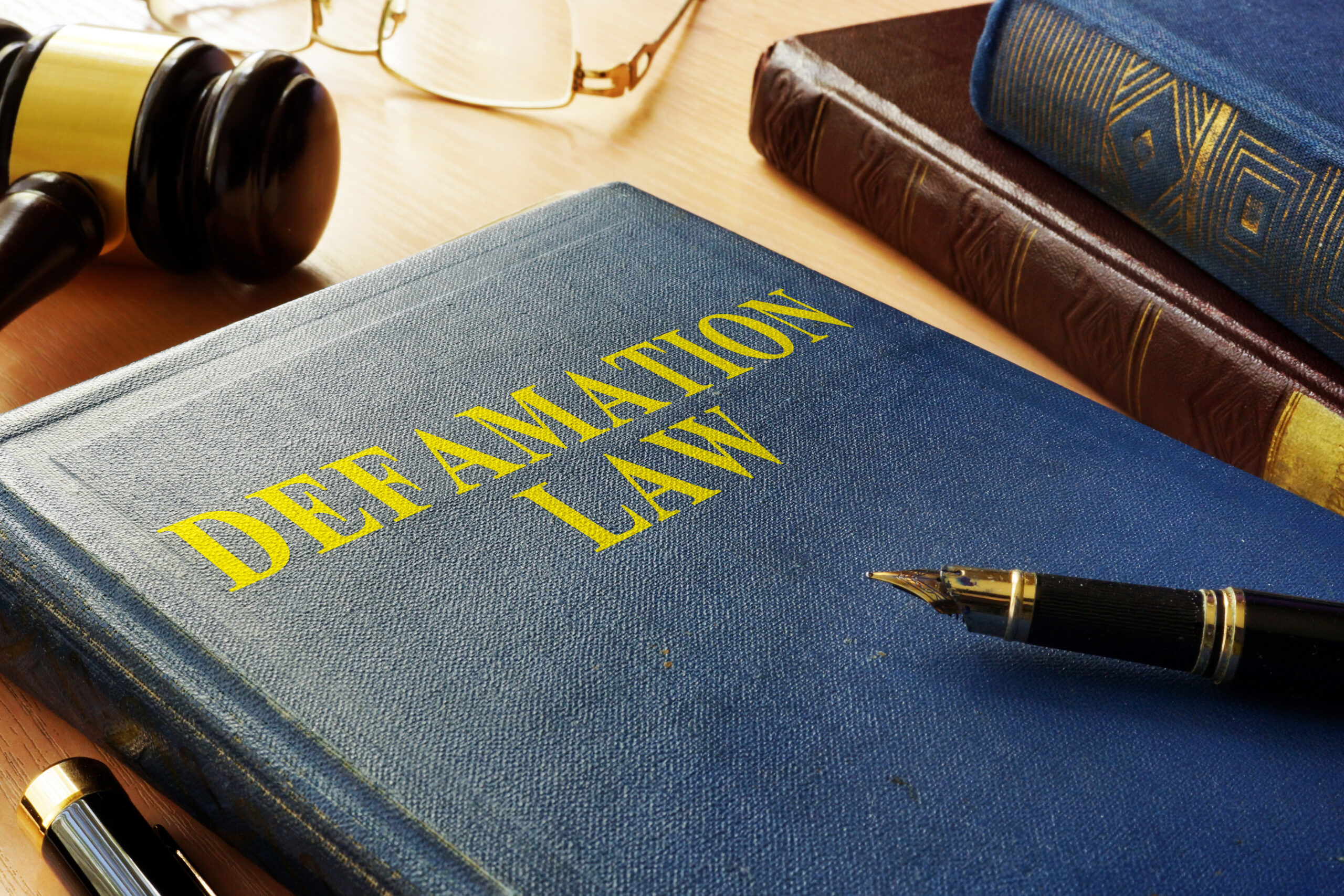Do We Need Truncated Discovery Rules for Family Law Cases?

I was speaking with a colleague, who raised an issue that I think could warrant further exploration. His thought is that many Family Law clients cannot afford to go through the whole discovery process and that often the financially advantaged spouse will use an extensive barrage of discovery to drive the disadvantaged spouse out of representation.
He has a point. This doesn’t occur with all Family Law attorneys, but some are wildly abusive of the discovery process, both with hiding assets and evidence, and with making repeated voluminous demands.
I think the legislature has attempted to address this in two different ways.
First, the legislature imposed on spouses both a fiduciary duty to one another and included in that the duty to affirmatively disclose all assets and debts in which either may have an interest or liability, and to disclose all income and sources of income. They tasked the Judicial Council to create forms to effectuate that policy, which resulted in the creation – and mandatory exchange – of Schedules of Assets & Debts and Income & Expense Declarations. While an excellent measure, the problem we still have is that party who thinks he/she is smarter than not just their spouse, but their spouse’s attorney and the judge hearing the case, as well. We’ll see incomplete disclosure documents and sometimes completely fabricated documents. One repeating theme is the highly portable asset that no one mentioned for a year of litigation, then come trial, suddenly s/he’s accusing the other spouse of having “stolen” the bag of cash… or diamonds, or krugerrands, or – best one ever! – a particular gold coin purportedly worth $200,000.
The weakness of the disclosure statutes is that they assume honesty and compliance with the law.
Then we have the discovery statutes. Family Law cases employ the same discovery statutes that every other civil case employs. The way this works is one side serves the other with one (or more) of a variety of discovery requests and the other side is supposed to respond in a code-compliant manner within 30 days. We often end up granting at least one extension of time to respond as a matter of courtesy but also because the discovery process should be self-executing, not requiring judicial oversight. And that’s what happens except in those cases where he/she just is convinced s/he can get away with hiding the ball.
If a discovery response is evasive or incomplete, we can bring a motion to compel further answers – often an expensive motion, but one which, if granted, will result in an order that the compelled party also has to pay our attorneys’ fees and costs. When dealing with someone so unrepentantly intransigent, however, collecting that fee award can be a problem as well. The other alternative is to issue subpoenas to potential 3rd party witnesses (most often entities) but, we need to know who to subpoena and again, subpoenas are expensive as they involve payment of document, copying and witness fees.
If, after all that, the evasive party still doesn’t comply, we can then seek issue or evidentiary sanctions. By then, however, our client is into this one issue – the discovery issue – for several thousand dollars or more. So, this route is one to take only if the assets at stake justify the expense. Too often it seems that counsel ends up fronting the expense, which is something we don’t like to do: but if we don’t want to front that labor, we have two choices: 1) substitute out of the case and abandon the client, or 2) stay in the case and look like incompetent boobs for not having done all the work our client can’t pay for. Either of those two choices means the client is never going to get the share of the concealed asset s/he is entitled to receive. [FN1]
I think the legislature’s second stab at controlling the discovery grind in Family Law cases was to pass FC Sections 2450 and 2451, which provides that the court may, on noticed motion by either party, make “family-centered case management orders.” My experience has been that these work just fine when parties just need a little firmness applied: a motion for appointment of experts and to limit discovery can result in moving the case forward without blowing up the costs… but it doesn’t work at all for truly obstreperous counsel and opposing parties – and those are the people who drive up discovery costs. The problem is that the Court, under FC section 2451, can only make orders to which the parties and counsel agree. I mean, sure, it’s great evidence for an attorney fee award to force opposing counsel to tell the court “I’m not agreeing to anything and you can’t make orders if I don’t,” which does happen. But, again, it doesn’t solve the problem, which is to prevent the escalation of fees by dint of a discovery war.
What my colleague and I discussed was perhaps a new structure of discovery for Family Law cases; his proposal (as I understand it) is that we dispense with the need to do the follow-up motions to compel and for evidentiary/issue/evidence sanctions. His thought is that in Family Law cases we should have a statute that simply provides if you want evidence in – and don’t produce it in response to a duly served demand – that it should be subject to a motion in limine and/or permitted into evidence. That would be a good thing but limited in its utility; the jerks who are hiding assets would actually benefit by such an order. [FN2]
FN1: I am not addressing the statutory remedy of seeking an award of attorneys’ fees from the other party; this is about a remedy to keep fees down, not to reallocate fees.
FN2: The remedies for discovery of willfully concealed assets are set forth in Family Code sections 1100 et seq. The problem is we still have to FIND the concealed assets, and discovery to find those willfully concealed assets is expensive.
















